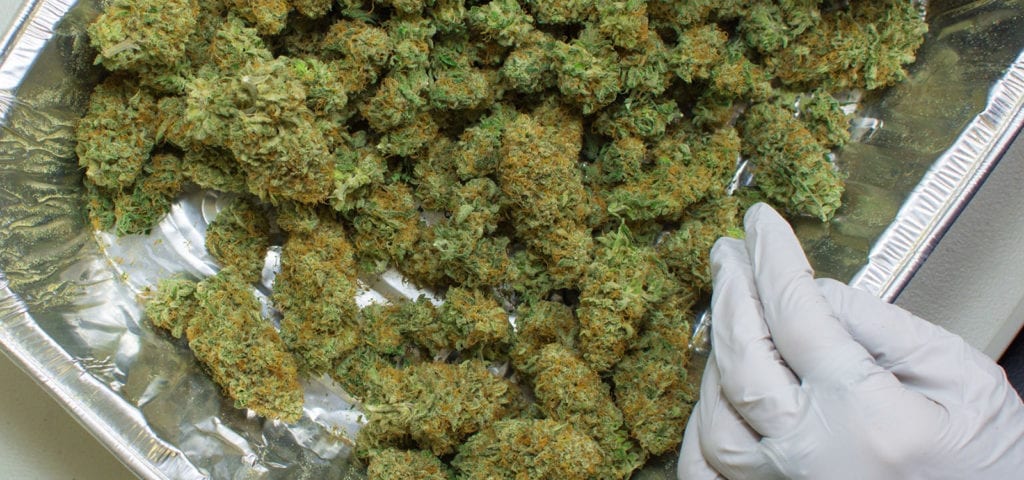According to a Drug Policy Alliance report, “From Prohibition to Progress: A Status Report on Marijuana Legalization,” arrests have plummeted in states that have legalized cannabis for adults, youth use has remained stable, rates of opioid-related harm have been reduced, highway safety has not decreased, the industry is creating jobs, and tax revenues derived from legal sales are going toward social programs.
Arrests are down. According to the report, Washington has seen the highest reduction – 98 percent – in low-level cannabis-related court filings between 2011 and 2015; in Oregon, arrests are down 96 percent from 2013 to 2016; Alaska experienced a 93 percent decrease in arrests between 2013 and 2015; in Washington D.C., possession arrests are down 98.6 percent, and cannabis-related arrests have fallen 76 percent from 2013 to 2016; and possession charges in Colorado are down 88 percent while cannabis-related court-filings are down 81 percent between 2012 and 2015.
Cannabis-derived revenues are funding schools and substance abuse programs. From 2015 to 2017, Colorado distributed $230 million to the state Department of Education; Oregon has allocated $34 million to its state school fund since legalization; Alaska officials expect to spend $12 million annually from cannabis sales to fund substance abuse programs; while Nevada expects about $56 million over the next two years in state school funding from cannabis sales.
The report estimates that the legal cannabis industry could create 165,000 to 230,000 full and part-time jobs in legal markets. In Colorado, 18,005 jobs were created in 2015 alone, the report says.
Nine states plus Washington D.C. have, so far, legalized cannabis for adult use. Michigan voters will likely decide whether to legalize recreational cannabis in November. Adult-use legalization legislation has been introduced in New Jersey, and New York Gov. Andrew Cuomo has called for a legislative study on potential adult-use reforms.
